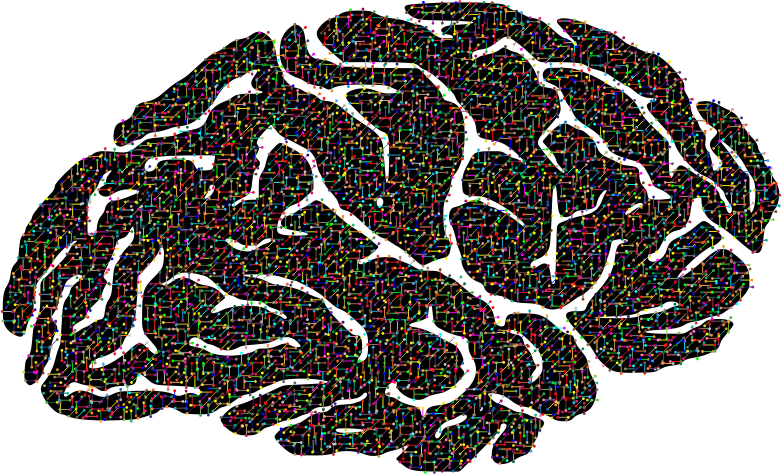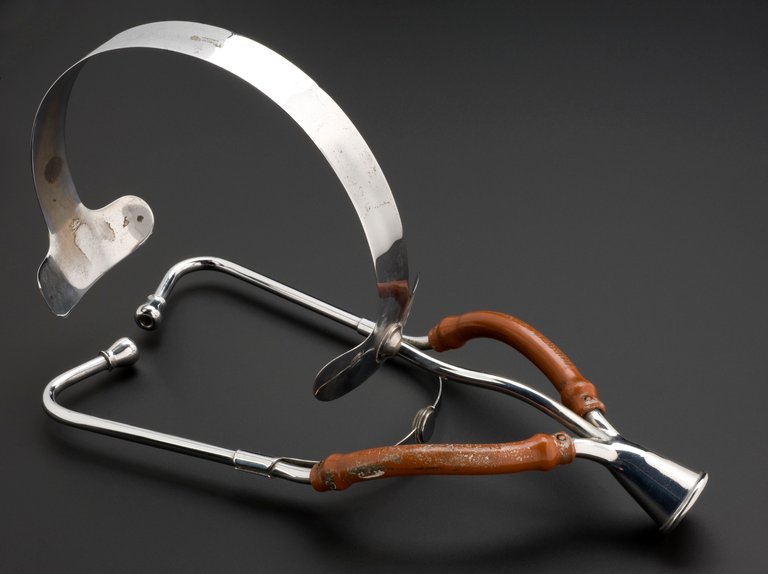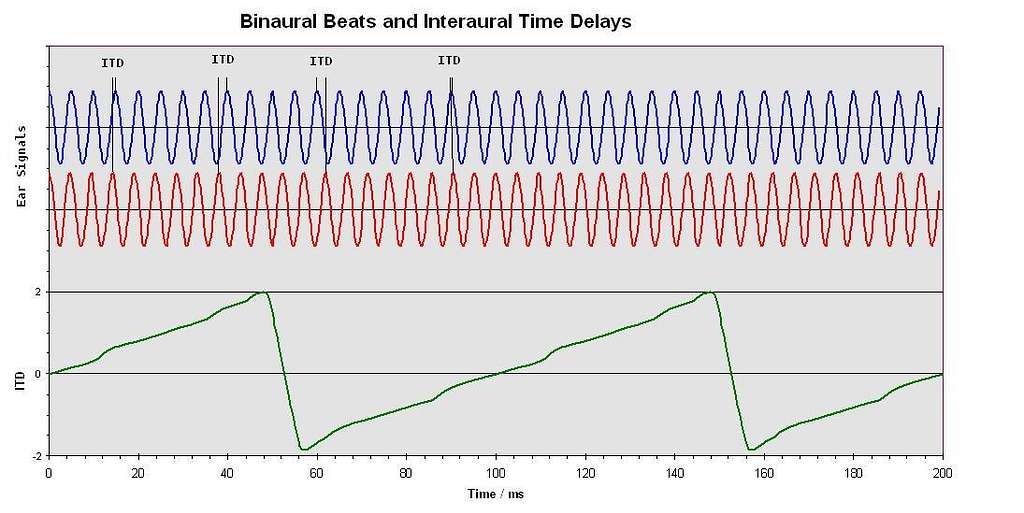Will Listening to Binaural Beats Improve Your Brain Making You Smarter?
Have you heard the music name "Binaural Beats" before? If you Google it, you would see a lot of videos of people saying that listening to these types of songs would help people become smarter because it deals with brainwaves, and a lot of people are wondering if it is true or it is just another way for people to sell their songs to us?
Remember the Lavender town Syndrome which was a myth that came with the 1996 Pokemon red and Blue? Okay, if you do not know about this story, then let me give you a little gist. Actually, people who bought the Pokemon Red and Blue game in 1996 said that the song that was played in the game when the player reached the Lavender town was calpable of making children sick. Actually, it was later seen as a myth, but a lot of people believed this and so the Lavender town syndrome became a thing. So what about Binaural beats? Can it influence the brain activity making us smarter? Can sound have any effect on our body or brain waves?

I tried to listen to three Binaural beats and I realize that actually, there are two different beats at two different frequencies playing at one on each of the headphone. So it is believe that the brain would create an auditory illusion as a result of trying to merge the two different beats to become one creating an Illusory beat.
As you would expect, this didn't just come out of the blues, it was discovered in the year 1839 by Heinrich Dove who was a Prussian Physicist and Meteorologist, and in 1973, it became a major deal in the science community when Gerald Oster published a scientific paper which he titles "Auditory Beat in the Brain".
When I was making my findings, I saw a lot of claims about what Binaural beat can do with some saying it an release Endorphin and Serotonin, some saying it is a good cure for headaches especially Migraines and Fibromyalgia, Some says it is good for sleeping especially in children, some people makes claims to the fact that it helps them boost their creativity, others say it is a good relief for anxiety and depression, and it is a mood booster, but trust that you would hear some somewhat ridiculous ones like it is an anti-aging solution (well, since science research is still ongoing who knows!!).
While some people were giving positive claims, so did I also see negative one with people saying that listening to Binaural beats can strain the brain since it is forcing it to overwork just the same way the body is strained when it is overworked. With this claims, I decided to check a little deeper. You see, people claim that with Binaural beats can cause Entrainment where the brain is able to help accomplish task as a result of the brain tuning its frequency to pick the sounds. To understand this, let's discuss brain waves.

Neurons send electrical signals to one another, and these signals are regarded to as brain waves, measured in Hertz. You can check out the brain wave of a person or yourself using an EEG (Electroencephalography machine) and we have brain waves ranging from Delta wave (When we are sleeping which is weak at 0.1 -4Hz), Theta Waves (When doing familiar task or a Meditative State and it is at 4 -8Hz), Alpha Waves (After a cognitive task at 8-13Hz), Beta wave (During a Cognitive Task at 13-30Hz), Gamma Wave ( Perception, and Memory and it is above 30Hz). So depending on the type of Binaural frequency you are listening to, the beats will be two different ones within the range.
In an Article published in the Frontiers in Neuroscience which is titled "Brain Response to a 6-Hz Binaural Beat: Effectt on General Theta Rhythm and Frontal Midline Theta Activity", the researchers tried to check if a person listening to Theta Frequency Binaural Beat reach a Theta State faster than a person who is in a silent room. At the end of the study, people listening to Theta Frequency Binaural beat Showed Theta waves in 10 minutes on EEG while people who were sitting in a room didn't.
Another Study titled "Auditory Beat Stimulation and its Effect on Cognition and Mood States" which was published in the Frontier in Psychiatry compared results of different studies and came out with different results. One being that listening to a Theta wave Binaural beat of 7-Hz for 30 minutes had a negative impact on verbal recall while listening to the same Theta wave binaural beat of 5-Hz for 15 minutes twice daily for 15 days led to a significant increase in recall but they didn't see any impact of Binaural beats on creativity at any Hertz level.
Another study titled "Use of binaural beat tapes for treatment of anxiety: a pilot study of tape preference and outcomes" was done on 15 mildly anxious patients at Clinique Psyché, Montreal, Quebec, and they were asked to listen to three tapes with one containing a delta/theta frequency range and the remaining two not having a binaural beat and pick the one that made them feel good so they listen to it for 5 times weekly for 4 weeks. After 4 weeks, the people picked the tape with the Binaural beat which led to a conclusion that Delta/Theta Frequency range Binaural beat can help with mild anxiety.
From my findings, the science behind this phenomenon is still in its infancy with positive or negative effects being investigated. To ascertain that an experiment is reliable and certain, experiments must be repeatable with same results. For the experiments above, the results can be influenced by other factors so we can say that the results are still Preliminary with no certainty but then, you can do your own study if you want and also publish it in a journal, be sure that I will read it.
Read More
https://www.svg.com/303813/the-lavender-town-legend-in-pokemon-that-was-completely-fake/
https://pokepasta.fandom.com/wiki/Lavender_Town_Syndrome
https://www.healthline.com/health/binaural-beats#potential-benefits
https://sonictonic.io/wp-content/uploads/2016/10/G-Oster-Auditory-Beats-in-the-Brain-2.pdf
https://www.healthline.com/health-news/your-brain-on-binaural-beats
https://patch.com/new-york/plainview/a-quick-guide-to-binaural-beats
https://brainworksneurotherapy.com/what-are-brainwaves
https://www.scientificamerican.com/article/what-is-the-function-of-t-1997-12-22/
https://www.frontiersin.org/journals/neuroscience/articles/10.3389/fnins.2017.00365/full
https://www.frontiersin.org/journals/psychiatry/articles/10.3389/fpsyt.2015.00070/full
https://www.liebertpub.com/doi/10.1089/acm.2006.6196
https://pubmed.ncbi.nlm.nih.gov/11191043/
https://pubmed.ncbi.nlm.nih.gov/22171868/
Image Reference
Image 1 || Open Clipart || Prismatic Molecular Brain With Background
Image 2 || Wikimedia Commons || Binaural obstetric stethoscope, Chicago, United States
Image 3 || Picryl || Acoustics BinauralBeats

I need to go read on this. It is giving what I would like to test out personally so I can give my results. It was fun reading this post I must confess.
Thanks for your contribution to the STEMsocial community. Feel free to join us on discord to get to know the rest of us!
Please consider delegating to the @stemsocial account (85% of the curation rewards are returned).
You may also include @stemsocial as a beneficiary of the rewards of this post to get a stronger support.